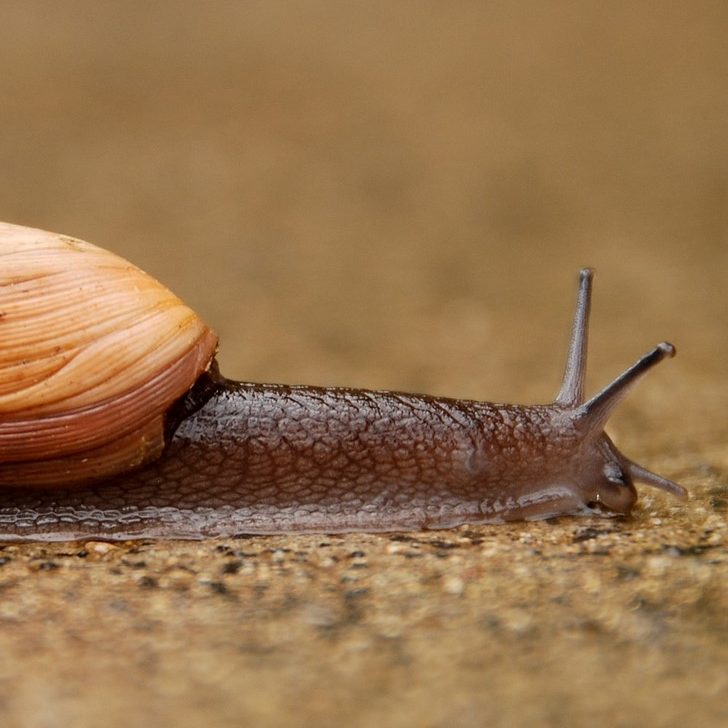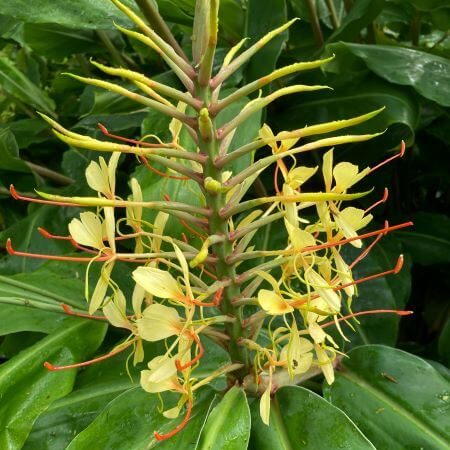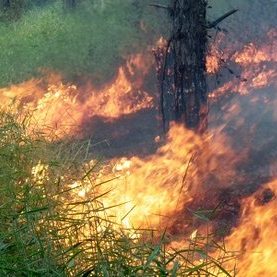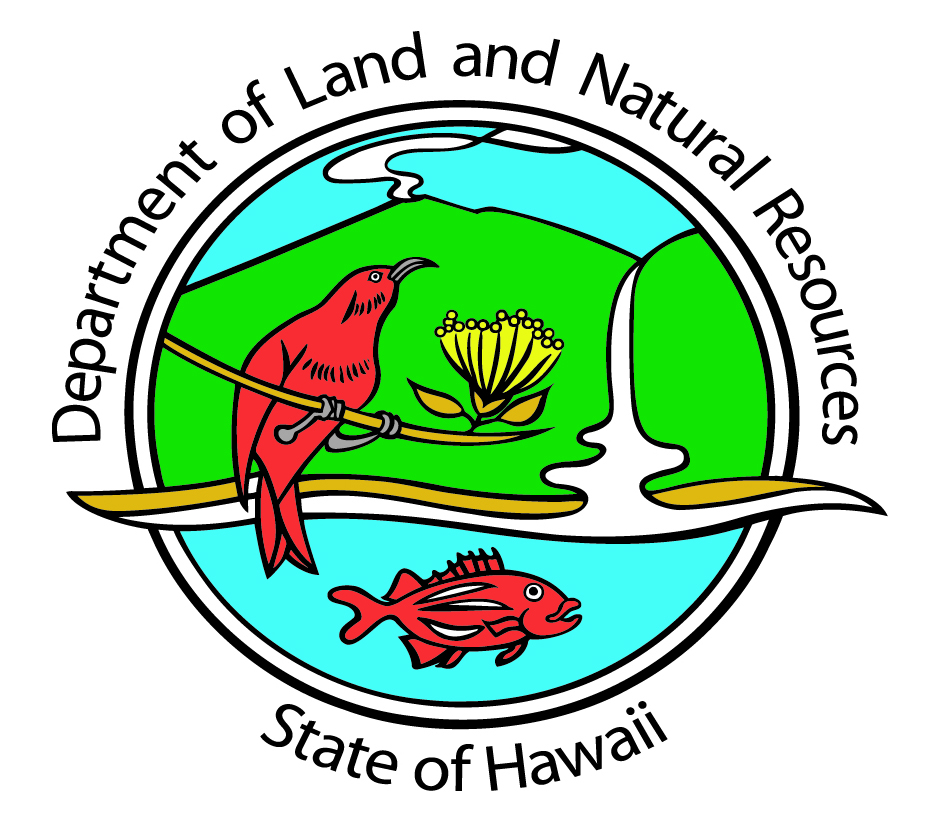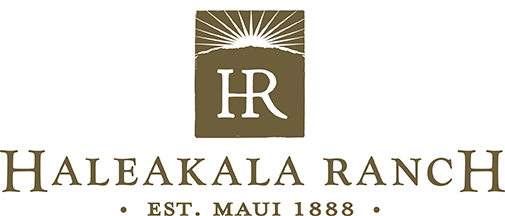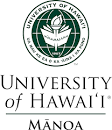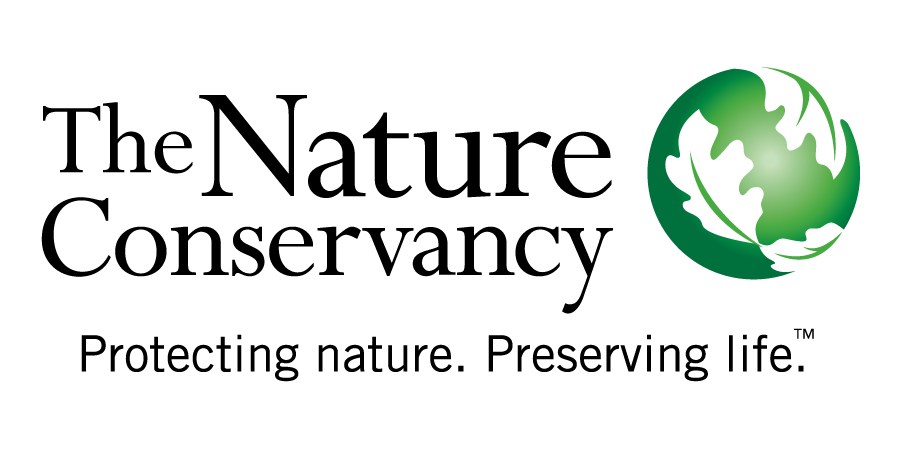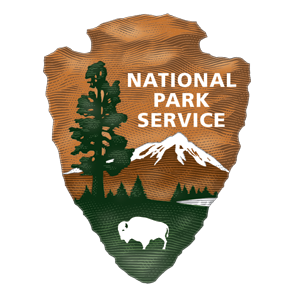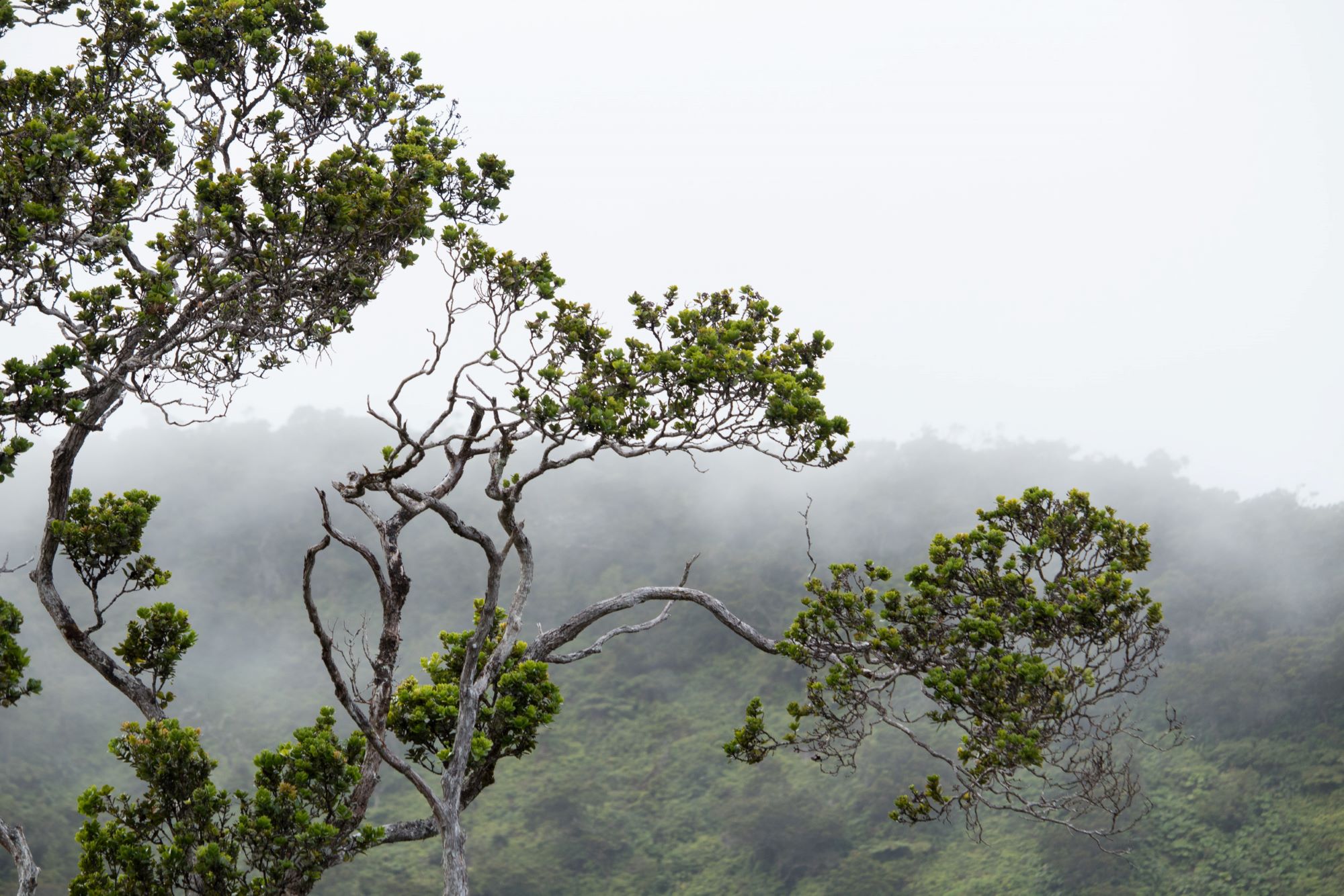
Threats
The single greatest threat to the native forest is the destruction caused by non-native, invasive animals and plants. Nearly two-thirds of Maui’s original forests have already been lost affecting the islands’ endangered plant and animals, overall environmental and human health, and the viability of its tourism and agriculture based economy. EMWP efforts of building fences and resource management help protect us against these threats.
The islands went from one new species arriving every 10,000 years…..to one every few days!
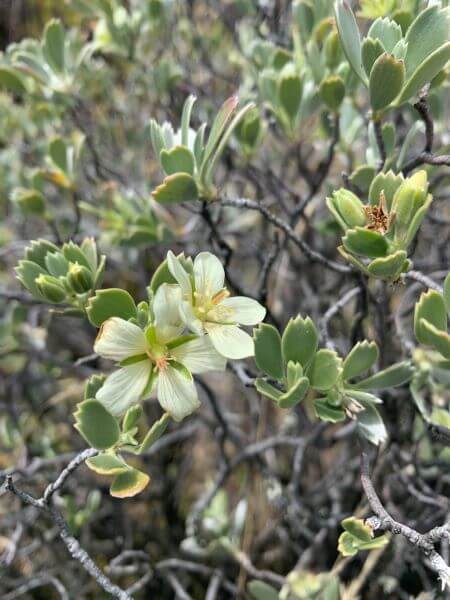
Native vs. Invasive?
Native is a species that is naturally occurring in an area without the help of Humans (via wings, wind, and water). A native species is best adapted to local climate, geographical, and hydrological conditions. It also includes Endemic (found naturally only in that area) and Indigenous (found naturally in that area but also in other areas around the world).
Invasive species disrupt a particular habitat or wild lands area by establishing a dominant colonization from loss of natural controls (i.e.: predators or herbivores).
- Invasives may include non-native Exotics, Introduced (brought over intentionally. i.e. The voyaging Polynesians brought over specific species for food and medicine), and Alien (not-belonging) species, but not all of these are considered invasive.
Naturalized is another common term used to describe introduced species that have become established and are reproducing.
Hawaiʻi’s Threats
To learn more about the different threats to Hawaiʻi’s native forests, click on one of the links below.

We can cause damage too.
For a full list of Hawaiʻi’s Invasive Species or to report and invasive species please contact Maui Invasive Species Committee (MISC) at (808)573-MISC(6472) or Mauiinvasive.org
OR contact the State of Hawaii’s pest hotline: 808-643-PEST(7378) or 643pest.org
